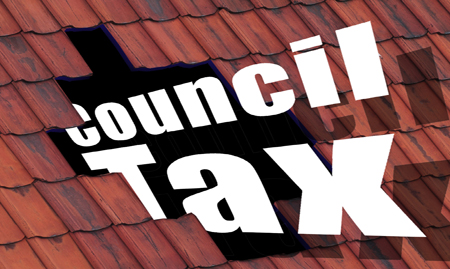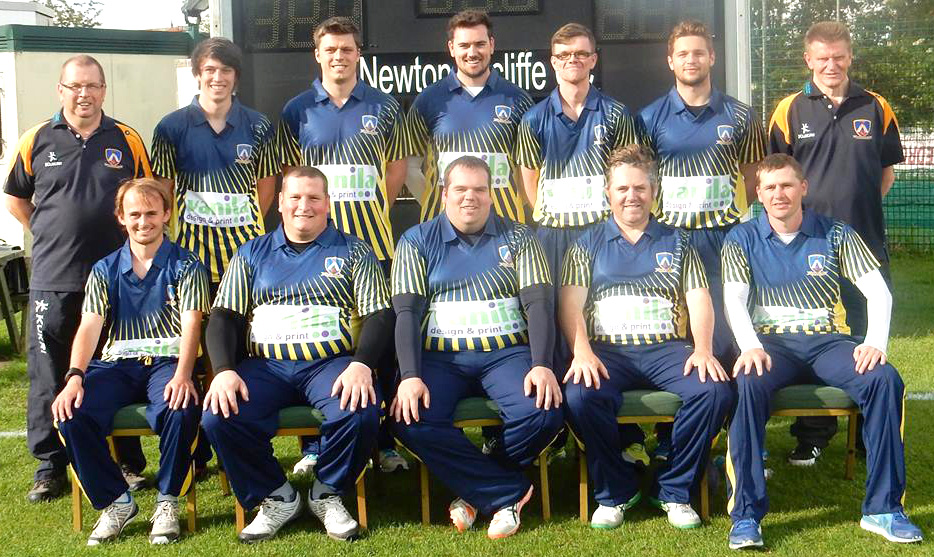Changes to council tax charges in County Durham are being considered as a way of helping to bring long-term empty homes back into use.
Durham County Council is asking residents for their views on proposals to revise its policy on council tax charges for long-term empty properties, as part of its work to improve housing and tackle homelessness.
At present, a council tax premium of 50 per cent is charged on long-term empty properties, which is the term used to describe homes that have been unoccupied and unfurnished for more than two years.
However, the council is consulting over potential increases to the premium for properties that have been empty between two and five years to a maximum of 100 per cent. This is in line with new national government guidelines. It is also considering a potential premium of up to 200 per cent for properties that have been unoccupied and unfurnished for more than five years.
The premium is designed to provide a financial disincentive for absent landlords to retain long-term empty properties. It also aims to encourage the owners to either sell or rent these properties to help meet housing needs.
The introduction in April 2013 of the 50 per cent premium for properties empty for more than two years, saw the number of empty properties in this category fall by 33 per cent in the succeeding six months.
Cllr Alan Napier, Deputy Leader of Durham County Council and Cabinet member for resources, said: “The government has provided legislation to help deal with long-term empty properties. The policy is designed to motivate owners to bring these homes back into use, which will boost the supply of affordable properties available to rent in the county.
“However, it is important that we seek views on the potential impact of the changes. The feedback we receive during the consultation will be fully considered when making final decisions on the empty property premium.”
Cllr Kevin Shaw, Durham County Council’s Cabinet member for strategic housing and assets, said: “This consultation links in very closely with our new housing and homelessness strategies by meeting one of our key aims and objectives, which is to tackle the number of long-term empty properties and bring them back into use
“By doing so we not only increase the available supply of accommodation for those who are homeless or threatened with homelessness, but we will also improve our communities to the benefit us all.”
The consultation runs until Sunday, 6 October. To take part, visit www.durham.gov.uk/consultation.










